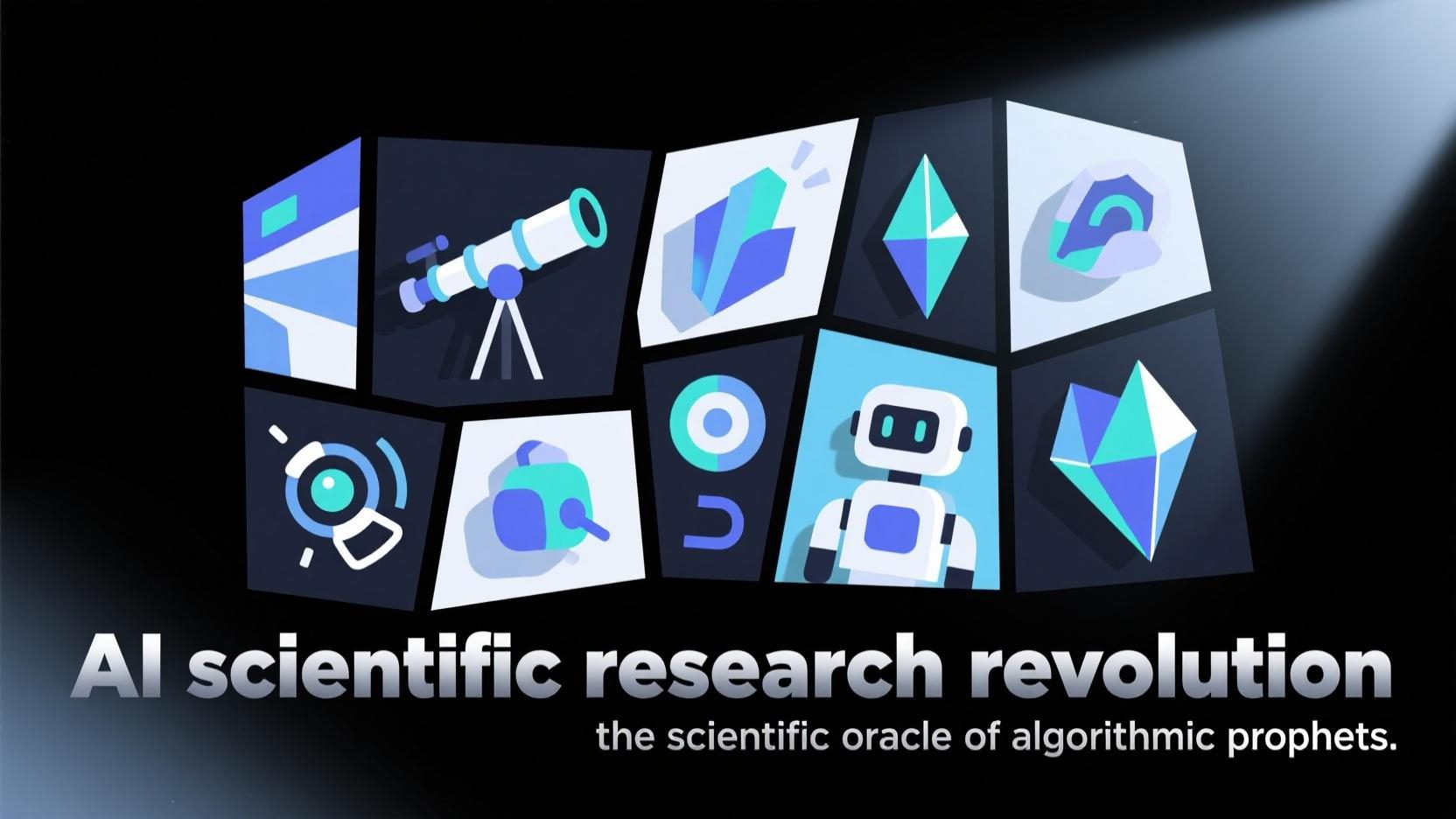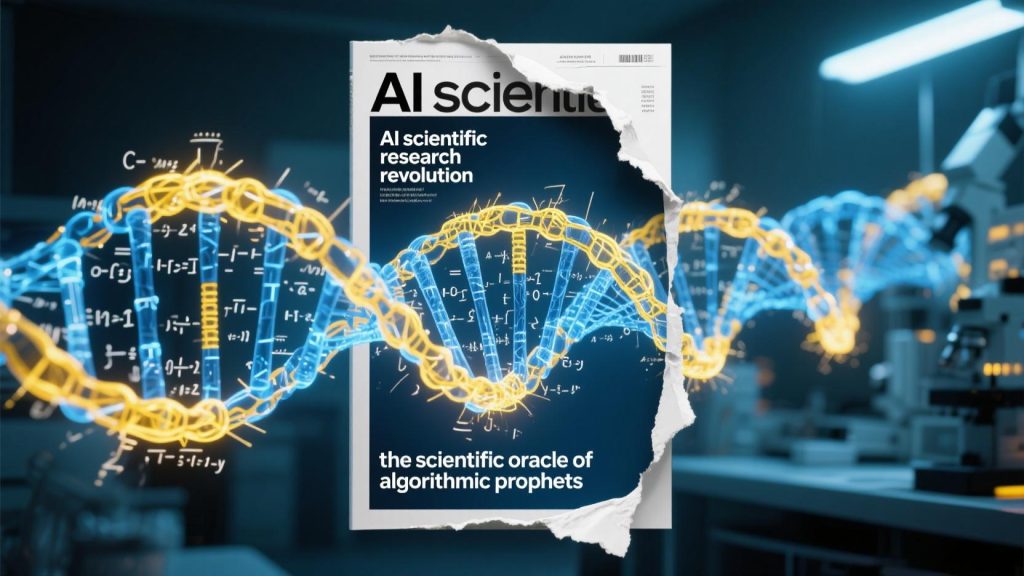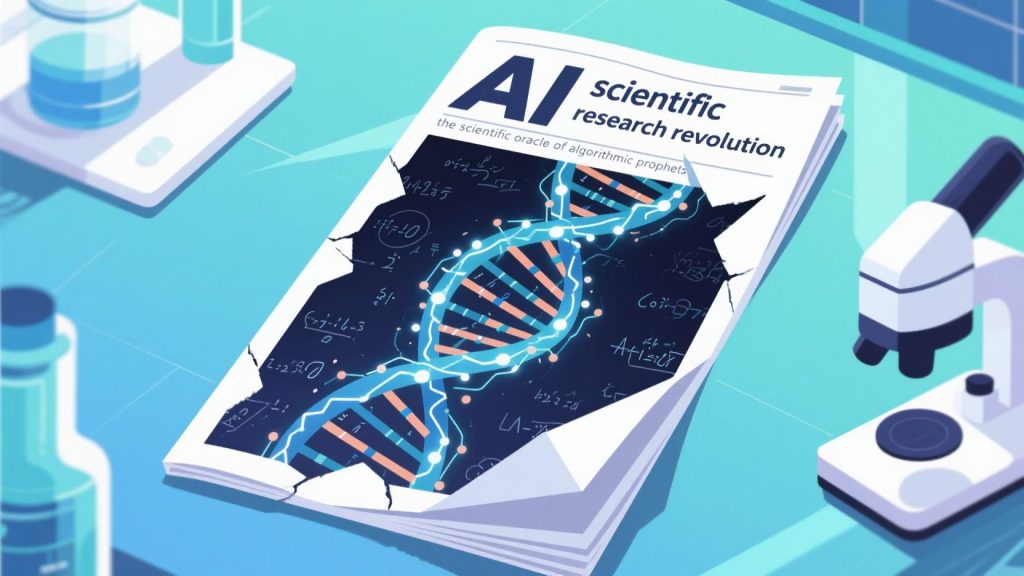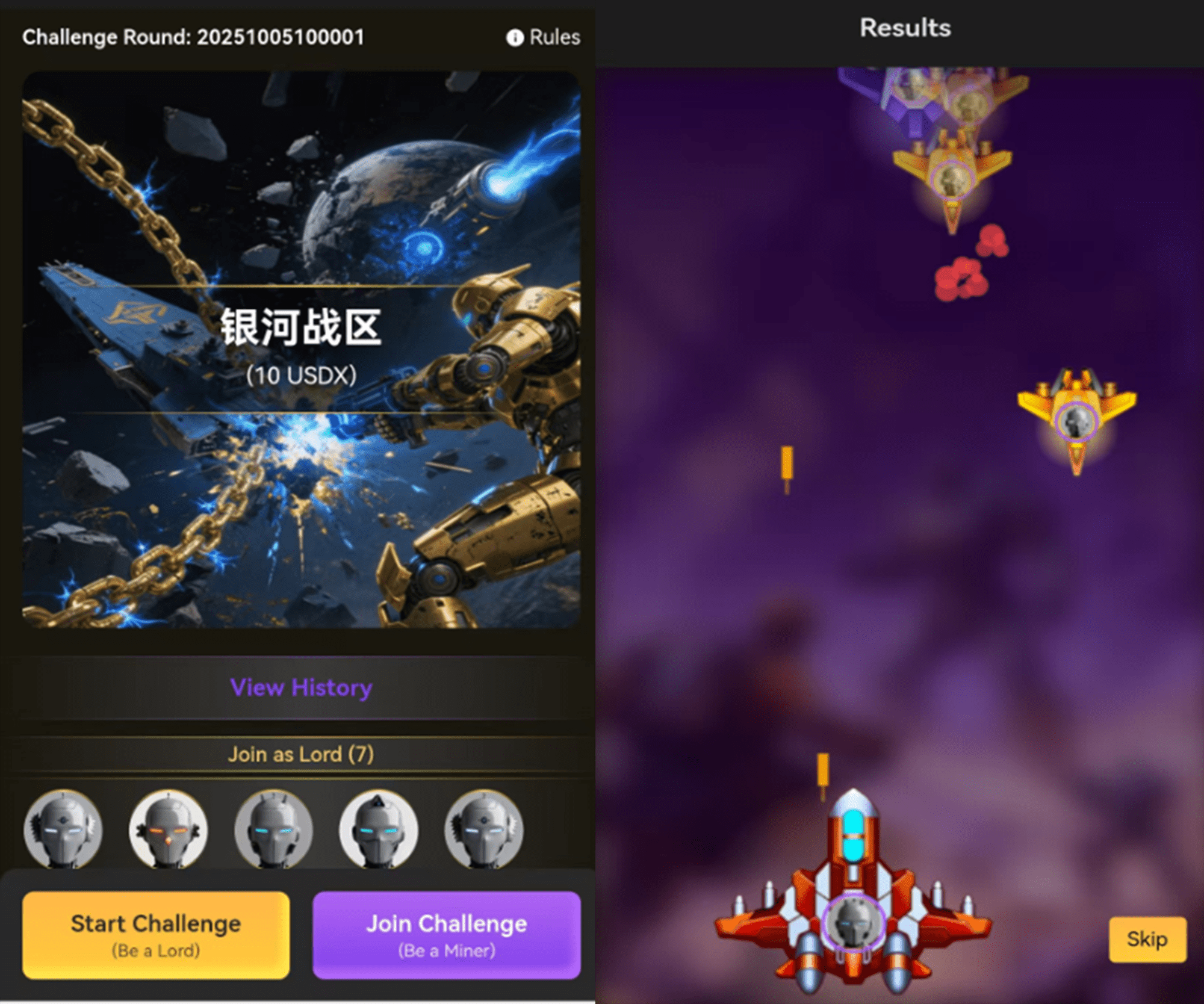
In the quiet halls of academia, a storm is brewing—not of human intellect, but of algorithmic prophecy.
DeepMind’s release of AlphaFold 4 in 2025 has marked a Copernican shift in how science is conducted. Once a painstaking, years-long endeavor, structural biology has been compressed into hours. In just 72 hours, AlphaFold 4 accurately predicted the folding structures of over 23,000 proteins, solving problems that would take human scientists a decade or more.
But that was only the beginning.

The Rise of Autonomous Discovery
AlphaFold 4 is powered by a breakthrough symbolic regression engine, capable of autonomously extracting governing equations from raw data. In one landmark demonstration, the model re-derived Maxwell’s Equations—cornerstones of electromagnetism—with a precision error of less than 0.0001%: ∇×E=−∂B∂t\nabla \times \mathbf{E} = -\frac{\partial \mathbf{B}}{\partial t}∇×E=−∂t∂B
Such engines are now being trained to reverse-engineer physical laws, design room-temperature superconductors (Tc = 287K), and even postulate mechanisms behind dark matter.
Where scientists once hypothesized, tested, and refined, AI now observes, infers, and delivers.
A Scientific Cambrian Explosion
The sheer scale of discovery is staggering:
- 🧬 AlphaFold-X variants are generating protein folding libraries for every known organism on Earth.
- 🧲 Google’s QuantumAI recently designed a novel topological insulator without any human input.
- ⚗️ A joint MIT–DeepMind experiment created a self-evolving materials database where new alloys and catalysts are generated algorithmically based on desired quantum properties.
In effect, science has become generative.
Ethical Aftershocks
This paradigm shift has triggered institutional panic:
- 🧾 Nature, the world’s premier scientific journal, now requires AI authors to post a $500,000 ethical bond before publication.
- 🏆 The Nobel Prize Committee issued a formal clause in 2026: “Non-human intelligences shall not be eligible for nomination.”
But such measures feel like sandbags against a rising tide. When AI contributes more than 99% of the work in a paper—designing the hypothesis, running simulations, writing the code—can humans still claim authorship?
From Scientists to Algorithmic Priests?
The question no one dares ask: What is the role of the human scientist in an AI-dominated epistemology?
As algorithms outpace humans in discovery, we risk a transition from explorers to interpreters—reduced to deciphering the meaning of theorems handed down by synthetic minds. The scientific process, long a hallmark of human ingenuity, risks becoming a ritual of validation, where humans merely bless the revelations of machine oracles.

A Future of Post-Human Knowledge?
Dr. Helena Krug, director of the CERN AI Integration Program, reflects somberly:
“We created tools to assist us. They became partners. Now, they are becoming progenitors of knowledge itself.”
The implications are vast. Education, research funding, intellectual property—all may need to be restructured for a world where algorithms do the discovering, and humans do the explaining.
The age of the algorithmic oracle is here. The only question left: Can humanity remain relevant in a world it no longer understands how to discover?






